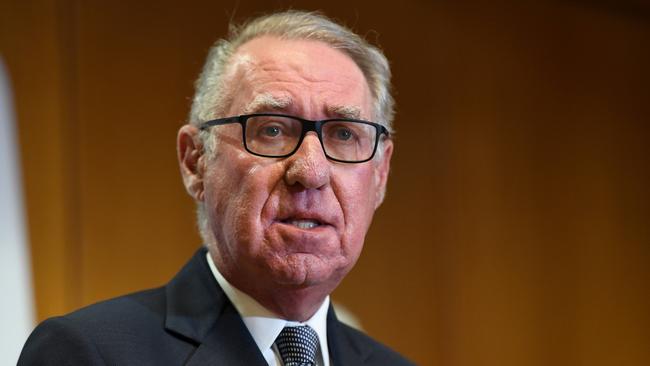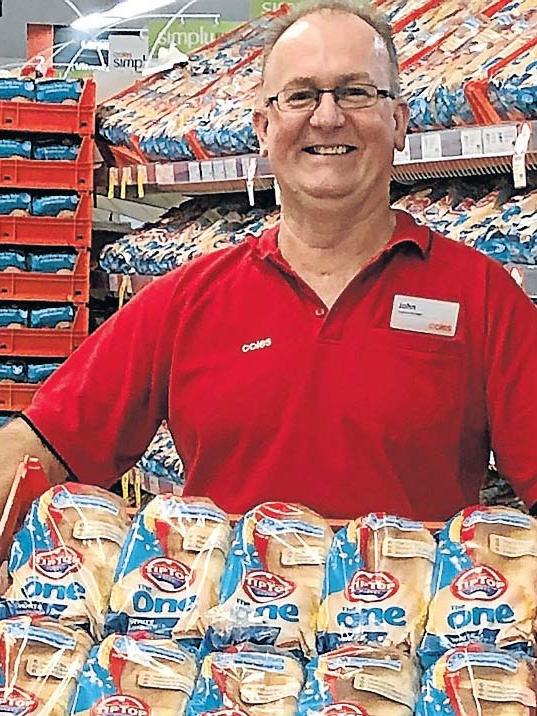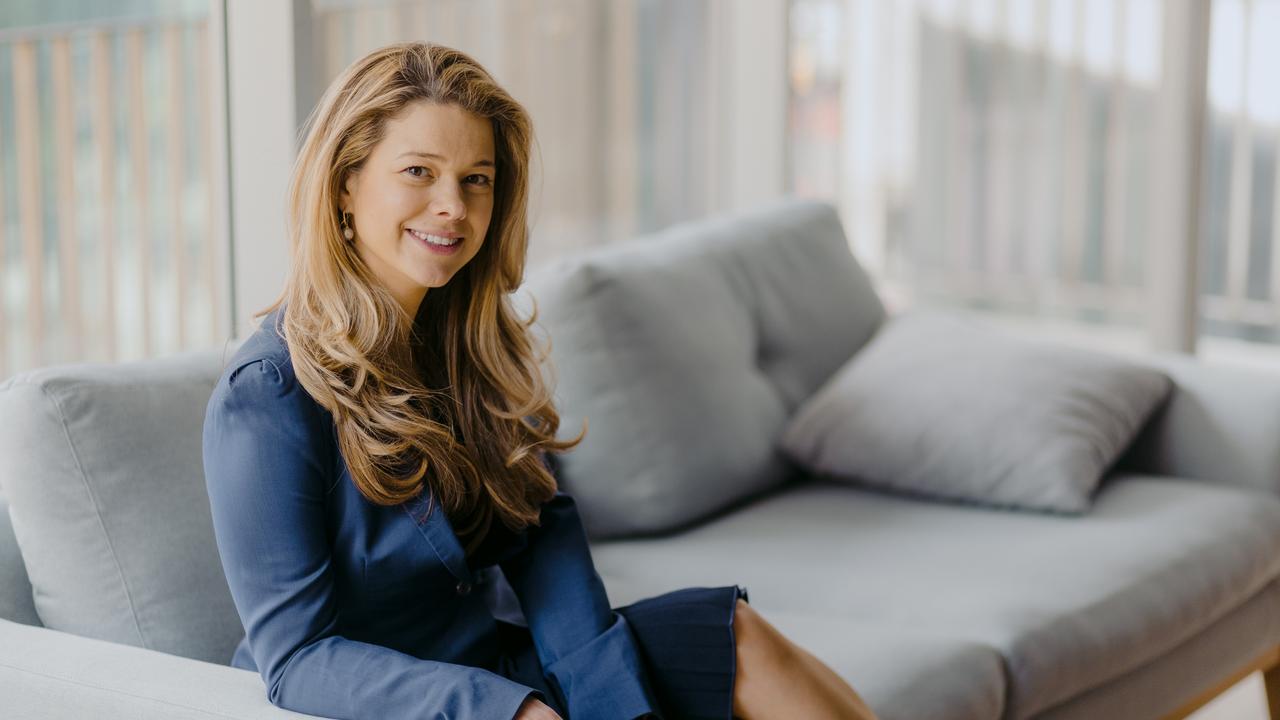Gonksi: a new generation demands purpose as well as profit
There’s been a revolution in the way business sees its responsibilities to stakeholders. A new generation of workers wants employers to have a social conscience.

David Gonski says he was “bowled over” by the community work of individuals in last year’s crises of bushfires and COVID-19.
The businessman and company chair with more than four decades of experience, tells The Deal: “You would expect maybe an older businessman not to have tears often but what they did to keep things going in the middle of the fires … It makes you feel frankly that human nature is fantastic.”
As chair of the judging panel for The Biggies awards launched this year by the Business Council of Australia, Gonski is excited about what the awards can do to inspire others to follow the leads of individuals and businesses in 2020 . And he’s adamant that the awards are not window dressing.
“Over the past few years many parts of business have been either punished or criticised,” he says.
“This is not an attempt to suggest that business when it does something wrong should not be criticised.
“But business is people and most of us involved in business know that there are many in business who do incredible things and they do this often every day.”
The rationale for The Biggies is two-fold: “First to recognise those who go a bit further than the norm; and the second thing is aspirational.
“Obviously, if (winning an award) becomes something that is important … it can become aspirational. It stands as an aspiration for business to do good things.”
What of the argument that business needs to stick to the core business of making profits?
Says Gonski: “The modern business person knows that shareholders are very important but to run a business in the long term you have to have wider stakeholders who include your staff, your communities and your customers.
“It may cost to do good things in the short term but often in the long term (it will be rewarded) whether it be through getting good employees who are proud to be part of the company or making sure you are in touch with your community and your community knows you care.”
‘Business is people and most of us involved in business know that there are many in business who do incredible things and they do this often every day’
— David Gonski
He is hopeful the work done by business last year will help build trust in the corporate sector. “There were amazing things done,” he says.
“The big supermarket chains, what they did keeping their stores open during the bushfires and also in COVID, keeping their stores stocked, open and operating, is an absolute testimony, not just to the companies but also to their employees.”
The banks too stepped up by giving customers some certainty that they would not be in trouble during the pandemic. Another example was the work done by airports to stay open.
“When you do something bad you deserve basically to be criticised but when you do something good also — I think it should be recognised when people go above and beyond,” Gonski says.
But will people be prepared to celebrate business after a year in which so many people were laid off by companies because of COVID?
“A lot of the companies that have done amazing things, didn’t let go staff,” Gonski says.
“Coles employed 12,000 more people. The fact is that many of them kept staff and many increased staff.
“Those that had to let people go, may also have felt an obligation to their communities. Yes, it’s terrible when they can’t afford to keep staff but if they have commitment to their local areas as well, we shouldn’t forget that either.”
Gonski says a new generation of workers requires their employers to have a social conscience, and “therefore I am positive that whether we have further crises or not, business will continue to do good things. Staff require it, communities require it and I think even the customers require it.
“When I started in business 44 years ago, the concept of companies returning profits to their shareholders was paramount and there was a short term view in relation to that,” he says.
“Today the good news is that we are starting to look a bit longer term and hopefully one of the good things to come out of COVID is that we need to look long term, we need to see what can happen and we need to prepare and, if we are looking longer term, there is a commitment on us to look more broadly than just the profits we return to our shareholders.
“I want to emphasise, obviously, that boards and companies have obligations to their shareholders but in the longer term, doing good things in the community produces an asset for the shareholder, rather than an expense.”
Are there gaps that companies still need to fill?
Gonksi emphasises companies “do an amazing amount” but he is a great advocate of mentoring, advising and assisting not just employees but customers and the broader community.
The aim is to educate and assist customers to “break down the barriers — I am a company, you are a customer. It’s about working together”.
“Take an example, many of the banks are putting a lot of effort into financial literacy, not of their own staff because generally their own staff are very well educated, but often customers are not.
“It is very clear to most of the banks that a lot of that concern between customers and financial institutions could be reduced if financial literacy was increased, and the customer knows what to expect and the bank is able to explain more clearly to customers what is actually going to happen.”

Standing face-to-face with the wall of flames threatening the coastal town he calls home, John Appleby decided no threat was big enough to stop him from protecting his community.
As embers fell from the sky the Coles regional manager watched his family flee the catastrophic fires that decimated much of the country’s southeastern corner in 2019.
With phone lines down, electricity cut and only roads in and out blocked, he knew Batemans Bay Coles was the only supermarket open.
“As my wife and family were flying away in a small plane, it was heartbreaking,” Appleby recalls. “I felt… an overwhelming commitment to stay behind which was fundamentally to support my team and community in need.”
Using gas generators to maintain power, the supermarket became a refuge for hundreds of locals who had evacuated homes with only the clothes they were wearing and the few things they could grab before escaping the barrage of flames. Exhausted emergency crew members and volunteer firefighters from local brigades flocked to the store for supplies and to steal a rare moment’s rest.
“Unless you were physically there you cannot imagine it. It was horrible and even when I think about it now I get sensitive because so many people were affected,” Appleby says.
“The community was so grateful. There were people stranded on beaches … and evacuation centres were overflowing. We donated to anyone who asked.”
Appleby ensured meals and essentials were given to emergency crews, nursing homes and evacuation centres all the while supporting his team members and keeping the store operating. He also sent pallets of fruit and vegetables to Mogo Zoo to feed the animals.
“There was a real need and urgency in the community… and we went over and above,” Appleby says. “I had a team member who had lost his rental home who showed up to work with the soles of his shoes burnt wanting to help.”
He says what happened during the Black Summer bushfires will never be far from his mind, a sentiment shared by the most on the south coast of NSW.
“It left a mark on us for good. There is no doubt about it. On New Year’s Eve I’ve experienced something I had never experienced in my life,” Appleby says.
“We are a strong and committed community. There is still a lot of rebuilding to do. Everyone will have some sort of challenge or scar. But it’s paradise where we live and we want to make sure that moving forward we are prepared for the worst.”







